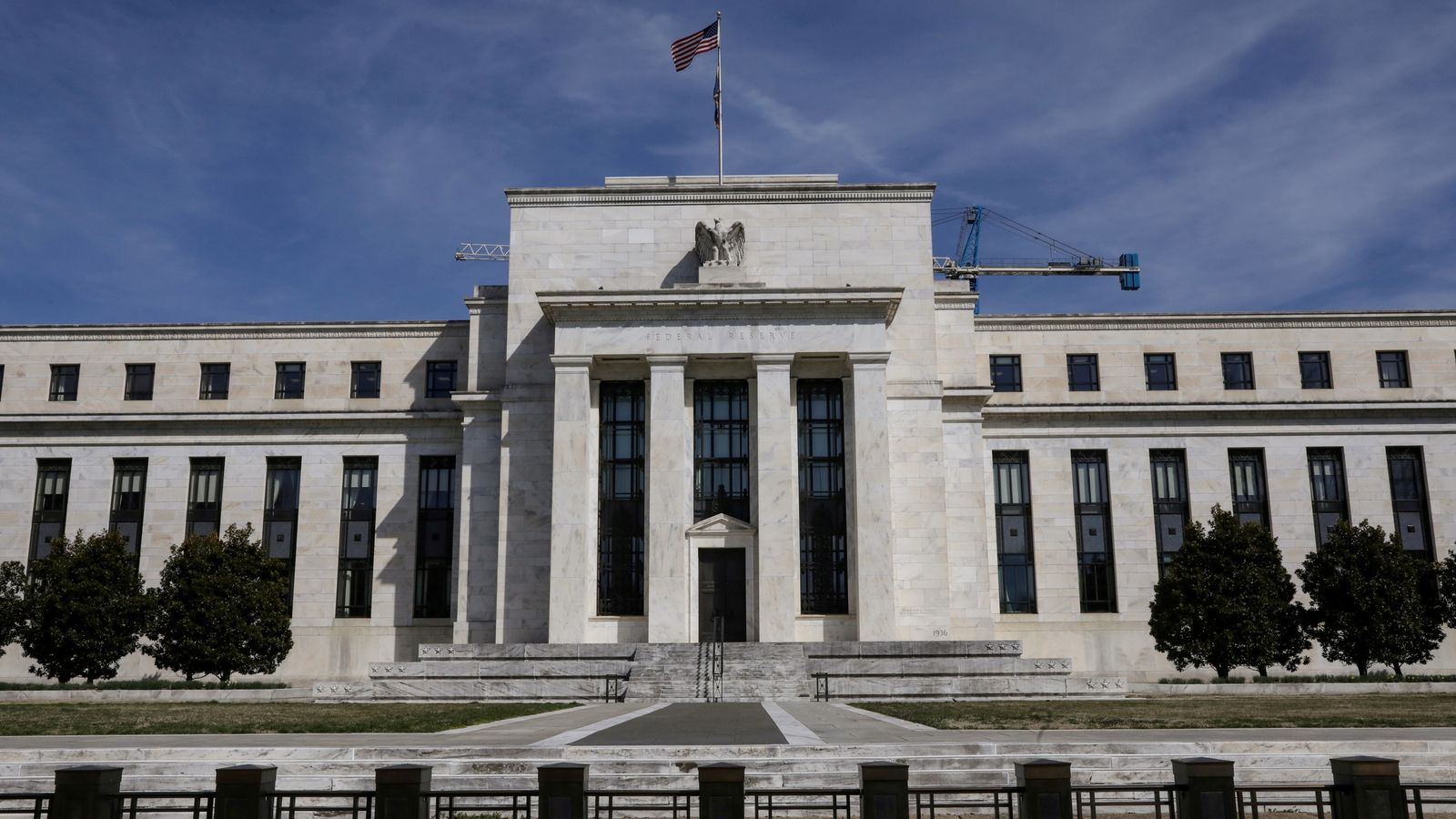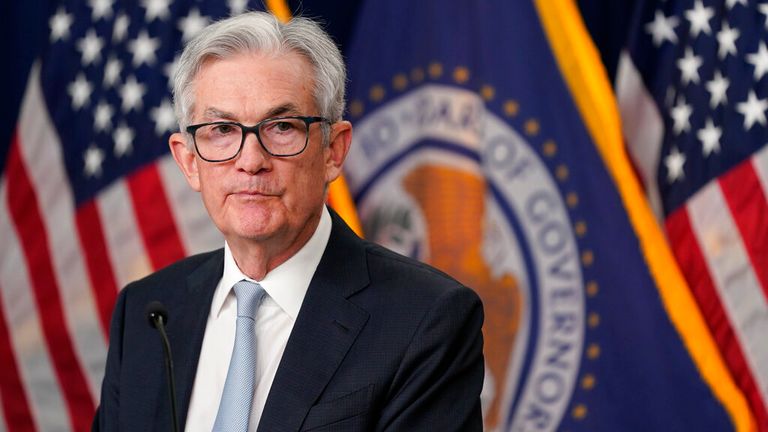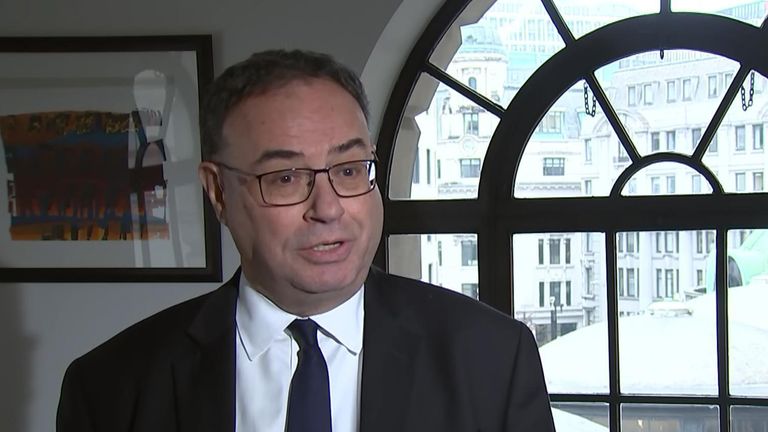The US central bank has raised expectations that interest rate cuts are around the corner, but also signalled it wants more evidence that easing inflation is sustainable.
The Federal Reserve kept its core interest rate range steady between 5.25-5.5% following the first meeting of its Federal Open Market Committee in 2024.
Its statement to accompany the decision showed it had dropped a longstanding reference to possible further hikes
in borrowing costs.
It said: “The committee judges that the risks to achieving its employment and inflation goals are moving into better balance”, signalling an improvement in conditions towards a rate cut.
Money latest: Most hated taxes revealed – plus Amazon Prime change imminent
But crucially it added: “The committee does not expect it will be appropriate to reduce the target range until it has gained greater confidence that inflation is moving sustainably toward 2% – its target rate.”
At a news conference, Fed chair Jay Powell told reporters: “We do have confidence but we want to get greater
confidence” that cooling inflation data is sending “a true signal”.
The remarks saw a shift in financial market expectations for the first rate cut.
The majority of opinion moved to May from March.
The Fed’s tightening cycle began in March 2022 when price pressures were ramping up in the wake of Russia’s invasion of Ukraine.
Inflation peaked at a 40-year high several months later and the headline rate has eased at a faster pace than in Europe since.
US stocks fell following the release of the Fed’s statement while the dollar rose against many currencies though not versus the pound.
That could be a consequence of expectations that the Bank of England will take a harder line on the prospect of rate cuts.
UK rate-setters are widely tipped to leave the Bank rate at 5.25% – the level it has sat at since August last year – on Thursday.
While inflation has also eased sharply from the peak above 11% witnessed in 2022, it remains more stubborn than across the Atlantic.
The pace of price increases in the economy remains double the Bank of England’s 2% target rate, above 4%.
It was for that reason that policymakers including governor Andrew Bailey have stuck to a script since December that it is too early to think about rate cuts.
Financial markets currently see four reductions in 2024, beginning in May.
The Bank’s latest thinking will be revealed in the minutes of the Monetary Policy Committee (MPC) meeting and the accompanying Monetary Policy Report.
Mr Bailey hosts a news conference shortly after the information is released.
The first clue towards any shift in the ‘hold’ stance will come from the voting among the nine members of the MPC.
Three backed a rate increase in December while the other six won the day by backing no change.


